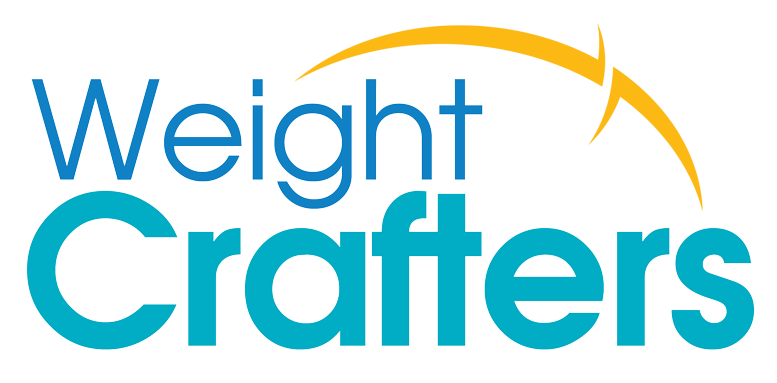What is Motor Learning?
Online Glossary / Quick Reference
A set of internal processes associated with practice or experience leading to relatively permanent changes in the capability for motor skill.
About Motor Learning
Motor learning is a set of internal processes associated with practice or experience that lead to relatively permanent changes in the capability for performing motor skills. This field explores how individuals acquire and refine motor skills through practice, feedback, and adaptation. Motor learning involves cognitive, neural, and physical components that work together to enhance movement proficiency over time.
Components of Motor Learning
- Cognitive Stage: In the initial stage of learning, individuals focus on understanding the task and developing strategies to perform the skill. This stage involves a high degree of cognitive effort and conscious control.
- Associative Stage: In this intermediate stage, individuals begin to refine their movements, reducing errors and increasing efficiency. The focus shifts from understanding the task to fine-tuning the motor patterns.
- Autonomous Stage: In the final stage, the skill becomes automatic, requiring minimal cognitive effort. Movements are smooth, efficient, and consistently performed with high proficiency.
Principles of Motor Learning
- Practice: Repeated practice is essential for motor learning, helping to reinforce neural pathways and improve skill retention.
- Feedback: Both intrinsic (internal) and extrinsic (external) feedback play crucial roles in guiding performance adjustments and enhancing learning.
- Variability: Practicing skills in varied contexts and conditions helps improve adaptability and generalization of the learned skills.
- Goal Setting: Clear, achievable goals provide direction and motivation, facilitating focused practice and progression.
Applications of Motor Learning
- Sports Training: Coaches and athletes use motor learning principles to design effective training programs that enhance skill acquisition and performance in various sports.
- Rehabilitation: Physical and occupational therapists apply motor learning strategies to help patients regain motor functions and improve their ability to perform daily activities.
- Education: Educators incorporate motor learning techniques in physical education to teach students fundamental movement skills and promote lifelong physical activity.
- Workplace Training: Employers use motor learning principles to train employees in tasks that require precise motor skills, improving efficiency and reducing the risk of errors.
Motor learning studies provide valuable insights into how practice and experience drive the acquisition and refinement of motor skills, with practical applications in sports, rehabilitation, education, and the workplace.
© 2007-2025 Weight Crafters, LLC. All Rights Reserved.


